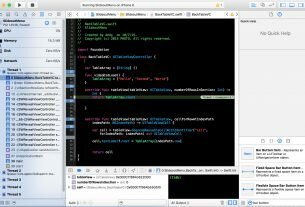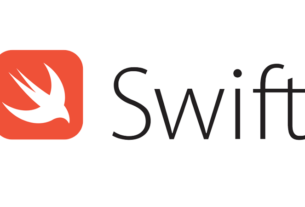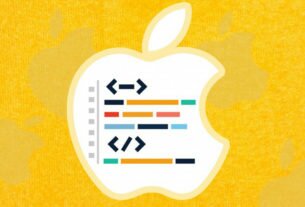Question or problem in the Swift programming language:
I can read an int, float, double as a string using string interpolation or String initializer. result is always the same.
var a: Int = 2 var c: Character = "e" var d: String = "\(a)\(c)" OR var d: String = String(a) + String(c)
the result is same. d has value “2e”
The only difference that I found is that string interpolation () can be used inside double quotes, whereas String() cannot be used inside double quotes.
Is that all? Am I missing something here?
How to solve the problem:
String interpolation "\(item)" gives you the result of calling description on the item. String(item) calls a String initializer and returns a String value, which frequently is the same as the String you would get from string interpolation, but it is not guaranteed.
Consider the following contrived example:
class MyClass: CustomStringConvertible {
var str: String
var description: String { return "MyClass - \(str)" }
init(str: String) {
self.str = str
}
}
extension String {
init(_ myclass: MyClass) {
self = myclass.str
}
}
let mc = MyClass(str: "Hello")
String(mc) // "Hello"
"\(mc)" // "MyClass - Hello"



